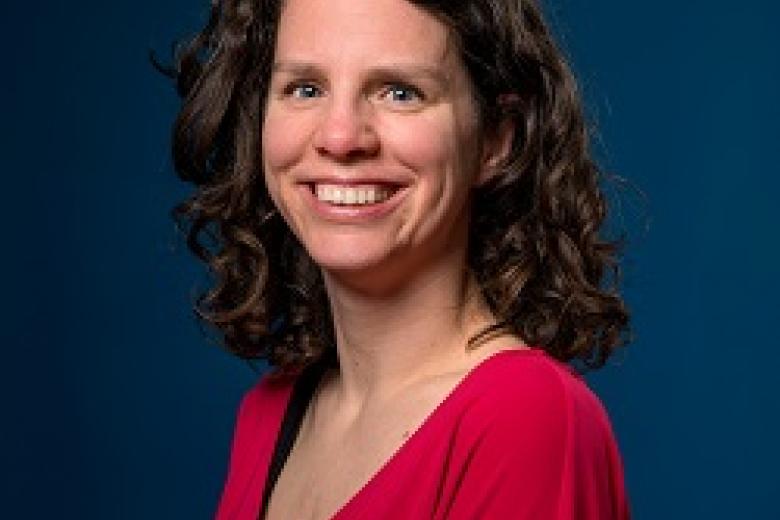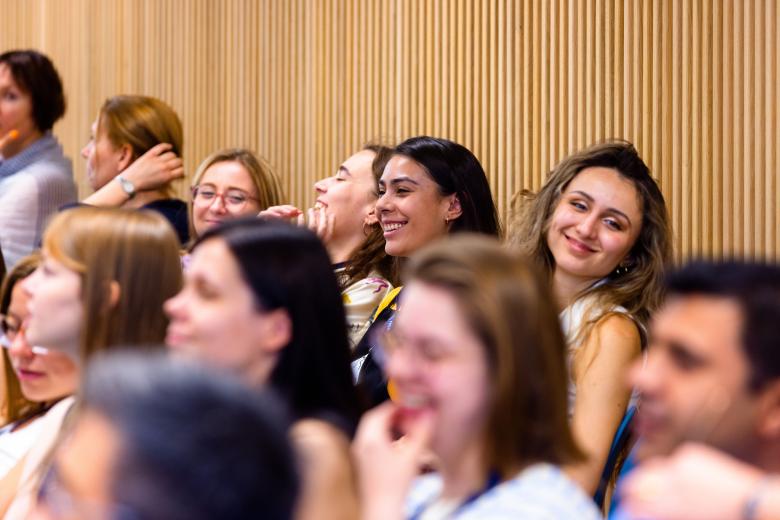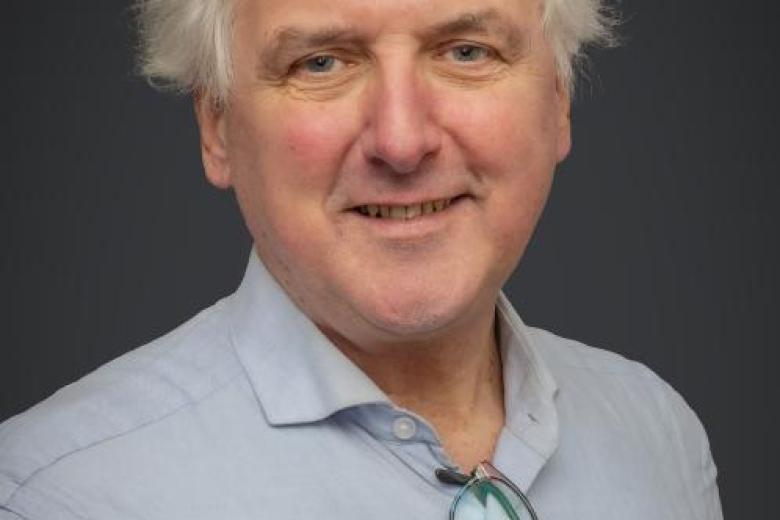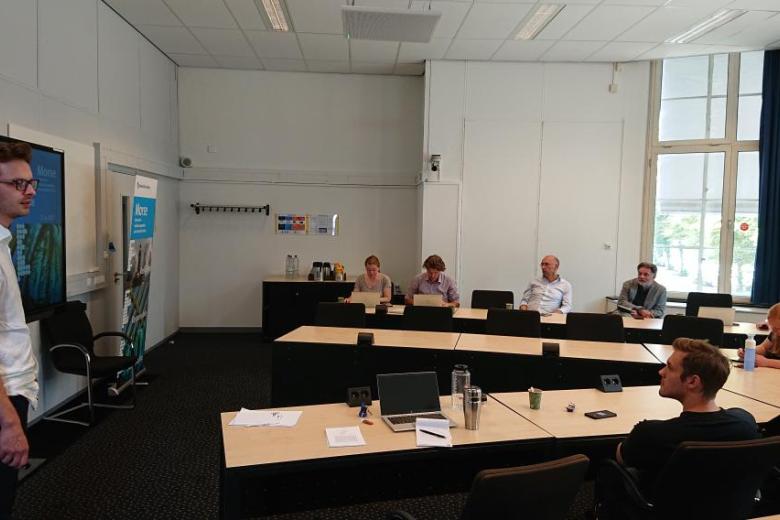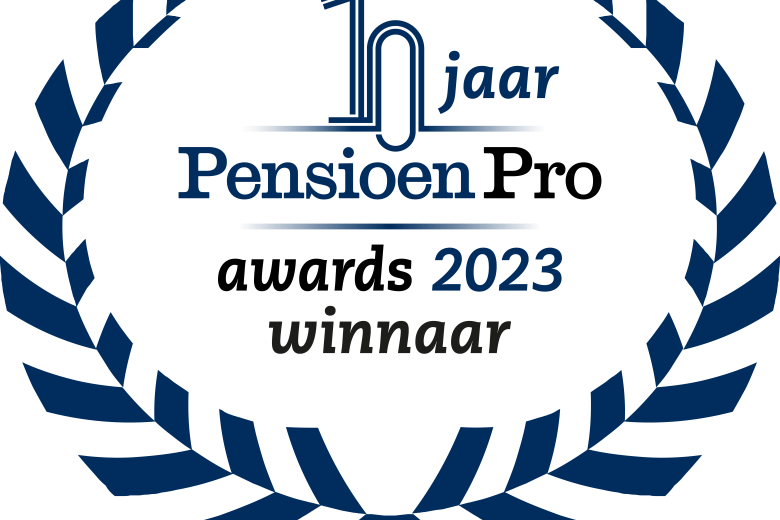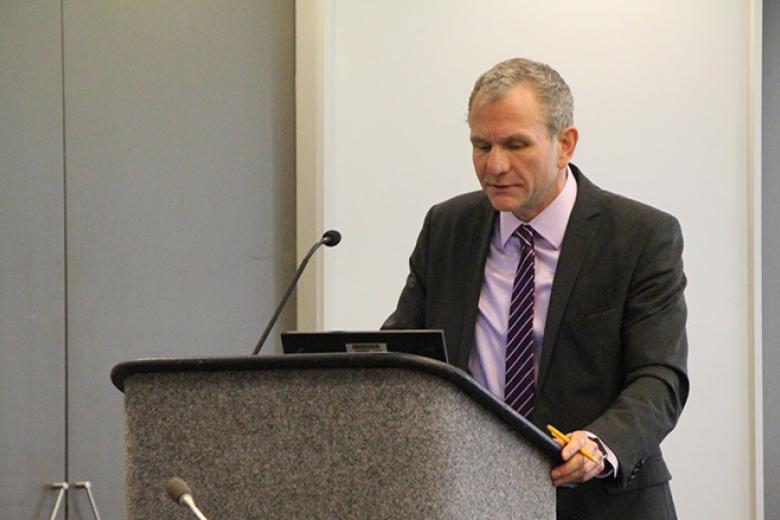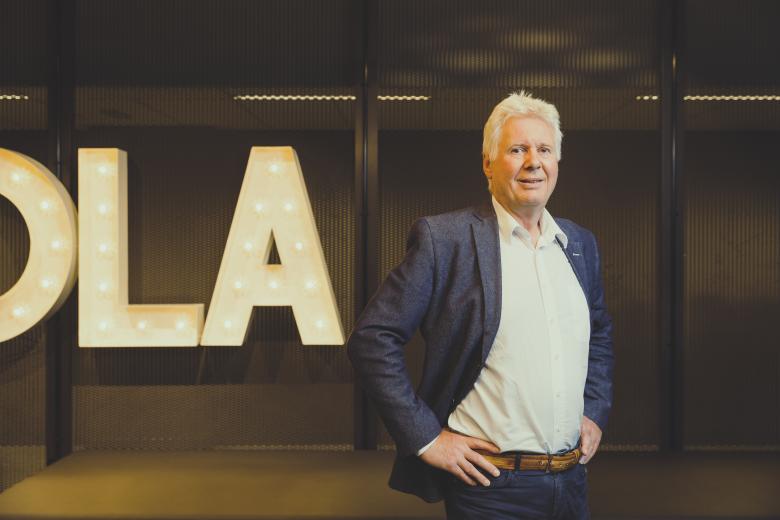ZonMw funds social science research on Pandemic Preparedness
Over one and a half million for BePrepared consortium
A consortium (BePrepared) of 12 universities, including Maastricht University (Faculty of Health, Medicine and Life Sciences and Faculty of Psychology and Neuroscience), TNO, Pharos, Trimbos Institute and RIVM has received 1.6 million euros from...

